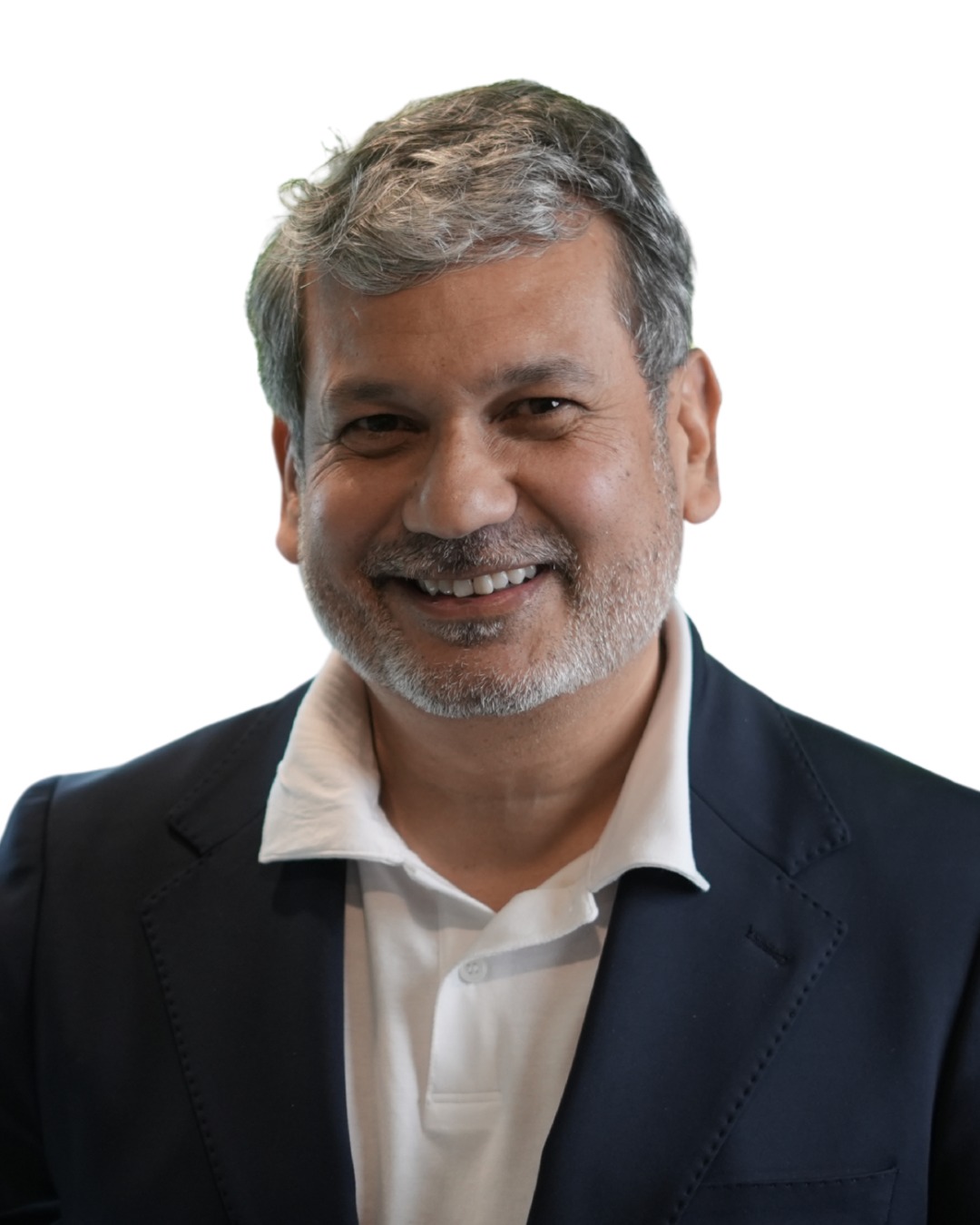TMS, or Transcranial magnetic stimulation, is one of the options you should look into when trying to find the best way to treat your depression. It is a safe way to treat depression and other mental health problems approved by the Food and Drug Administration and shown to work.
When antidepressants have not worked to treat depression, TMS treatment for depression can be helpful.
How Does TMS Work?
TMS sends a short-lived electrical pulse into the brain using a magnetic field. This pulse stimulates neurons (nerve cells). This has been shown to make it easier for different brain parts to talk to each other, especially in the top features of the cerebral cortex.
Transcranial magnetic stimulation (TMS) is one type of treatment. TMS is a type of TMS. When treating depression and other neuropsychiatric disorders, the pulses are sent quickly, one after the other. This is how the technique got its name, repetitive transcranial magnetic stimulation. When people talk about TMS treatment, both of these terms are used.
TMS therapy can be used with antidepressants and other treatments, like psychotherapy, to give patients a more effective and complete treatment plan. TMS is a better way to treat depression than other methods because:
1. A Safer Way to Do It
Some people have more trouble with the side effects of antidepressants, like sleeping too much or losing their appetite. Other ways to stimulate the brain, like electroconvulsive therapy (ECT), can cause serious side effects like seizures and memory loss.
TMS therapy is a safer alternative to antidepressants and electroconvulsive therapy (ECT) and usually has no significant side effects. During ECT treatments, patients have to be put under general anesthesia. TMS therapy, on the other hand, does not use any anesthetics or sedatives. Since the treatment doesn’t hurt, there is no need to put people to sleep.
After getting treatment, most people can drive themselves and return to their daily lives. The average person gets about five treatments each week for seven weeks to finish their treatment. At that point, their symptoms should be much better.
2. TMS Never Relies on Drugs
Many people with depression find that antidepressants help them in many ways, but they don’t work for everyone. Plus, these medicines often have unwanted side effects, like making it hard to sleep.
With TMS treatment, you don’t have to take any drugs. Because of this, it could be a promising treatment option for people who don’t want to take medicine, who don’t like the side effects of medication, or for whom antidepressants don’t work or aren’t safe.
3. The Treatment Doesn’t Hurt
Transcranial magnetic stimulation does not hurt or harm the brain in any way. There are no cuts, and there are no shots. Instead, the magnetic energy waves come from a device above your head.
The magnetic energy used by the TMS device is similar to the point used in MRI scans, and just like an MRI, it doesn’t hurt at all. The TMS device sends the waves to the parts of your brain responsible for your mood and depression.
4. TMS has a High Rate of Success
When medications don’t help enough with depression symptoms, TMS has been shown to work well and make patients happy. Many people who don’t get better with medication get better when they use TMS. About a third of these people completely get rid of their symptoms.
Transcranial magnetic stimulation can also be done more than once, so you can keep getting therapy.
Conclusion
TMS treatment for depression is committed to finding real solutions for each patient based on their symptoms, needs, lifestyle, and other factors. That means making each person’s treatment plan fit their needs and making necessary changes to get the best results.
Also, Visit here: Do you know the Different Types of Depression?
Dr. Anuranjan Bist stands as a pioneering figure in the field of mental health, seamlessly blending traditional psychiatric methods with holistic wellness practices. With a profound understanding of the human mind and body, Dr. Bist has redefined therapeutic approaches by integrating Transcranial Magnetic Stimulation (TMS) and Ketamine therapy with ancient yoga techniques, showcasing his innovative spirit and dedication to comprehensive care.


Leave feedback about this